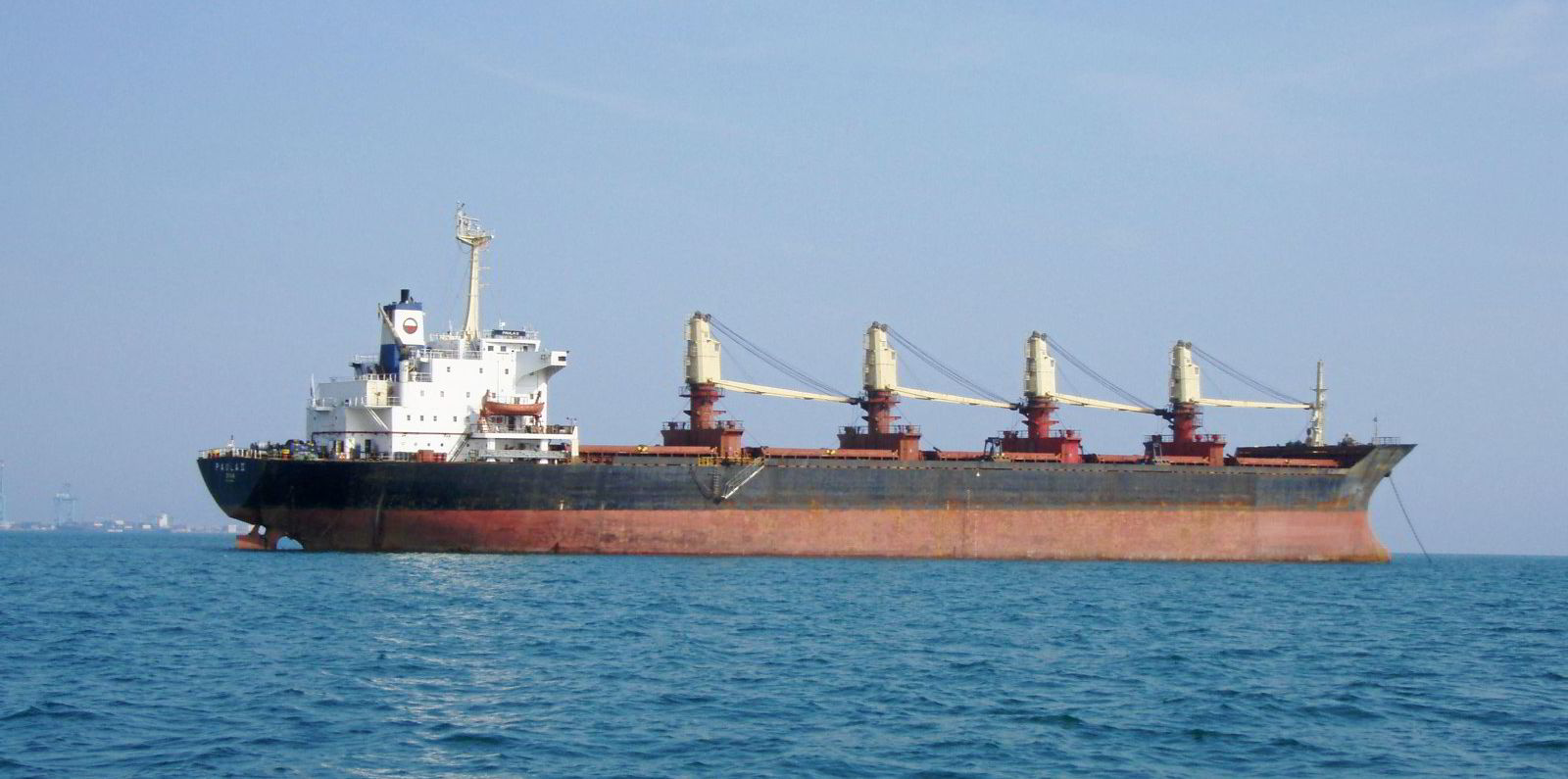Shipping's fuel transition presents a $1.4trn opportunity for niche financiers to build their portfolios, a new industry survey has revealed.
Global law firm Watson Farley & Williams (WFW) quizzed 545 maritime stakeholders about environmental, social and governance (ESG) issues, revealing that neither traditional banks nor shipowners themselves are particularly keen on funding the new investments needed to cut carbon emissions.
This leaves the field open to more sophisticated types of finance and may see venture capital and hedge and debt funds play a more important role, according to George Paleokrassas, co-head of global maritime at WFW.
"Traditional banks don't feel they will be financing this," he said.
WFW found in the survey that despite a commitment to sustainability, banks' appetite to fund clean technology upgrades is limited. The responses also showed some lenders do not believe they have the tools to address the ESG question.
Cash net must be widened
The law firm also found owners either cannot or do not want to fund investments themselves.
Lindsey Keeble, WFW's global maritime co-head, said shipping companies are going to have to "widen their net" when it comes to financing.
The report's findings showed 90% of financiers are now looking beyond standard governance in the sector.
"New entrants will have different requirements. Standard governance is not good enough any more," Keeble told a webinar held to launch the research.
Almost half of all respondents want transition funding to come from governments, as they see the question as not just one for shipping.
Deterrent to lending
However, despite their reluctance to hand over cash, more than four in five banks still see failure to meet ESG targets as a deterrent to lending.
But that does not mean they want to act as ESG "police", the report revealed. Instead, lenders want to operate within clear legislation and regulations.
"If an owner wants us to finance a multi-fuel vessel, there is a lot of technology risk, so we want to finance it as conservatively as possible or spread the risk across stakeholders," Christos Tsakonas, global head of shipping at DNB Bank, said.
Bank, not police
"Financiers are not policemen. We are not here to police the shipping industry or the way people do business."
When asked how much ESG factors will affect future financing, 42% of owners and 53% of lenders said it would have "some" influence.
But 23% of owners said the influence would be "minimal", compared to just 9% of banks.
One change could involve more operating leases, as seen in the airline industry, where operators retain ownership of assets, rather than finance leases, where ownership switches to the financier.
But WFW believes the historic volatility of ship values, as well as the sheer variety of vessel types, has put off these kinds of leasing institutions.
However, consolidation among owners could make shipping more attractive.
Keeble said: "Corporate mergers and acquisitions have gone through the roof. We've been really busy since August."
Chinese lenders catching up?

There are also signs that Chinese financial lessors are more open to operating leases.
There is an increased focus on ESG in general in China, leading respondents to raise the possibility that banks there could catch up quickly with European rivals.
Paulo Almeida, chief investment officer of Tufton Investment Management, said: "Asian banks might be behind European banks on ESG — but that is just today.
"They are not too far behind and they can and will catch up quickly," he said.
Securitisation is also not particularly prevalent in shipping, but could become more so.
Earlier in February, WFW advised Australian bank Macquarie on a securitisation of loans to help Oaktree Capital Management affiliate Fleetscape Capital to buy and lease back ships.
"It's inevitable there are going to be lots of changes ahead," Keeble said.
WFW itself is working more across its transport and energy divisions on deals these days.
Paleokrassas said the law firm is trying to bring together shipowners and energy companies to see how they could collaborate on meeting the environmental challenges.
Keeble said the increasing importance of renewable energy also allows them to bring together shipowners with companies such as Danish green energy giant Orsted.
Banks, lessors and other sources of finance comprised 44% of respondents, with charterers making up 12% and shipowners and operators the remaining 44%.





